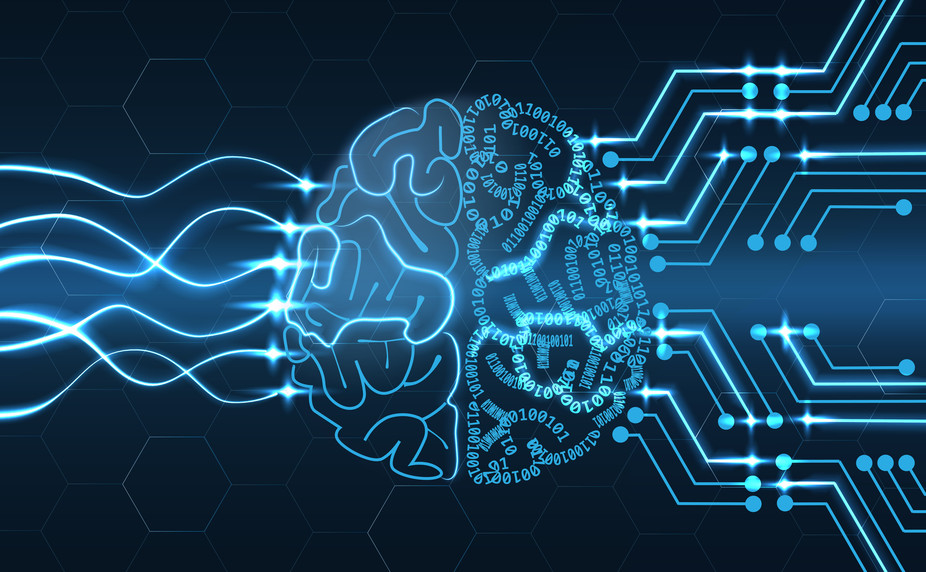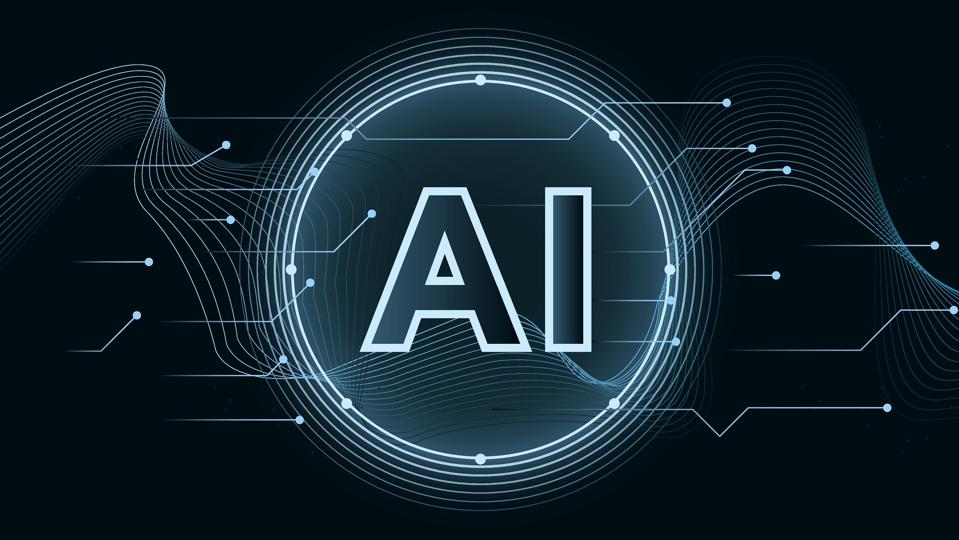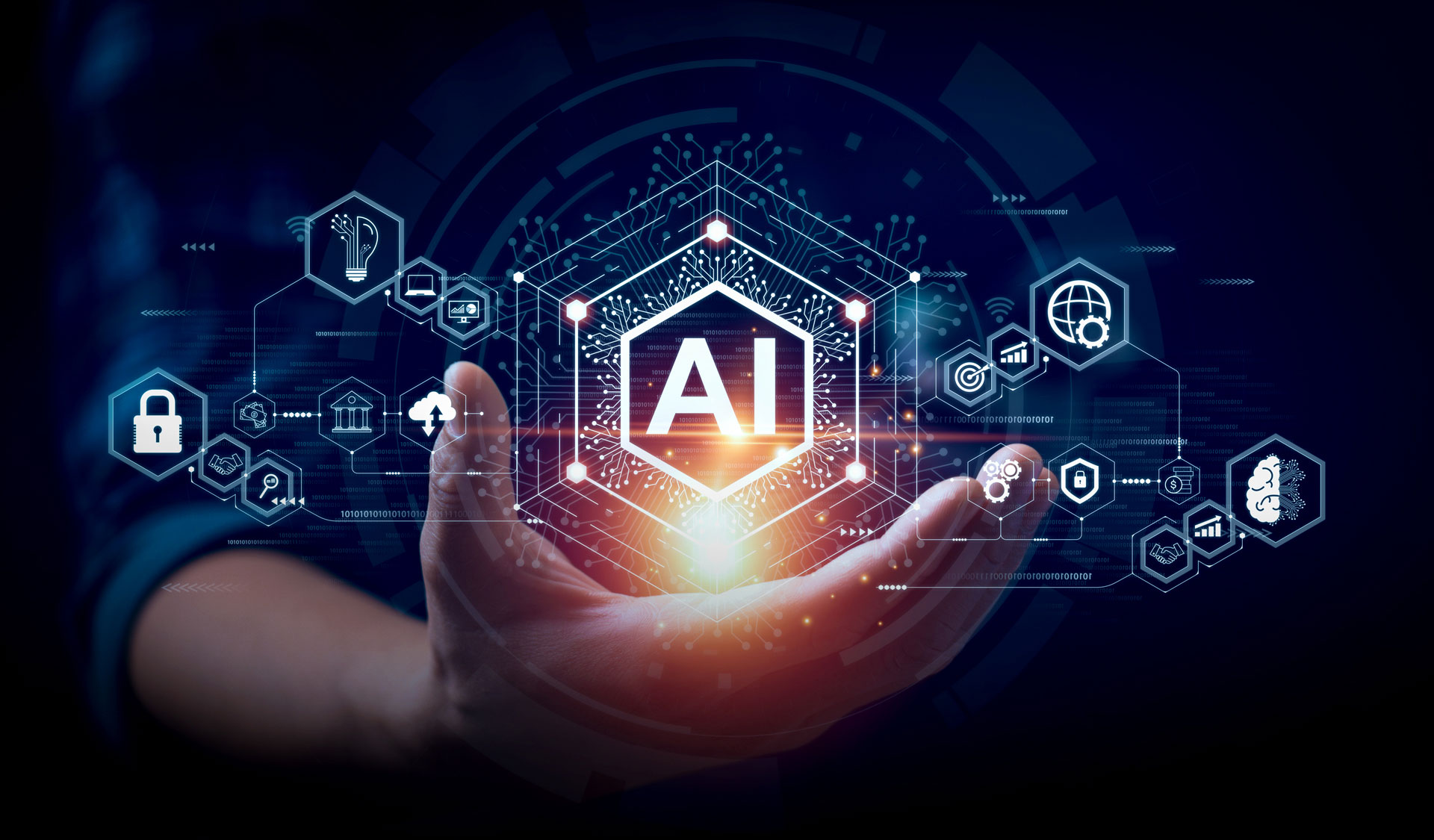
Lower-cost AI tools might improve tasks by providing more workers access to the innovation.
- Companies like DeepSeek are developing low-priced AI that might assist some workers get more done.
- There could still be dangers to employees if companies turn to bots for forum.batman.gainedge.org easy-to-automate jobs.
Cut-rate AI may be shaking up industry giants, but it's not likely to take your task - at least not yet.
.png)
Lower-cost techniques to developing and training expert system tools, from upstarts like China's DeepSeek to heavyweights like OpenAI, will likely allow more individuals to lock onto AI's performance superpowers, market observers told Business Insider.

For lots of employees worried that robotics will take their tasks, that's a welcome development. One scary possibility has been that discount AI would make it simpler for companies to switch in cheap bots for costly human beings.
Of course, that could still happen. Eventually, the innovation will likely muscle aside some entry-level workers or those whose functions mainly consist of repetitive tasks that are simple to automate.
Even higher up the food chain, personnel aren't always complimentary from AI's reach. Salesforce CEO Marc Benioff said this month the business might not hire any software engineers in 2025 due to the fact that the firm is having a lot luck with AI representatives.
Yet, broadly, for classicrock.awardspace.biz lots of workers, lower-cost AI is most likely to expand who can access it.
As it becomes less expensive, it's easier to integrate AI so that it becomes "a sidekick instead of a hazard," Sarah Wittman, forum.altaycoins.com an assistant teacher of management at George Mason University's Costello College of Business, informed BI.
When AI's cost falls, she said, "there is more of an extensive acceptance of, 'Oh, this is the way we can work.'" That's a departure from the mindset of AI being an expensive add-on that companies may have a hard time validating.
AI for all
Cheaper AI might benefit workers in areas of an organization that frequently aren't seen as direct profits generators, Arturo Devesa, primary AI designer at the analytics and data company EXL, told BI.
"You were not going to get a copilot, possibly in marketing and HR, and now you do," he said.
Devesa stated the course shown by companies like DeepSeek in slashing the expense of establishing and implementing large language designs changes the calculus for employers deciding where AI might pay off.
That's because, for most large business, such determinations consider expense, accuracy, and speed. Now, with some expenses falling, the possibilities of where AI might reveal up in a work environment will mushroom, Devesa stated.
It echoes the axiom that's unexpectedly everywhere in Silicon Valley: "As AI gets more effective and accessible, we will see its use skyrocket, turning it into a commodity we just can't get enough of," Microsoft CEO Satya Nadella wrote on X on Monday about the so-called Jevons paradox.
Devesa stated that more efficient workers will not always reduce demand for individuals if companies can develop brand-new markets and brand-new sources of profits.
Related stories
AI as a product
John Bates, CEO of software application business SER Group, informed BI that AI is ending up being a product much quicker than anticipated.
That implies that for jobs where desk workers may require a backup or somebody to double-check their work, low-cost AI may be able to action in.
"It's terrific as the junior knowledge worker, the thing that scales a human," he stated.
Bates, a previous computer science professor at Cambridge University, said that even if a company already prepared to use AI, the minimized costs would increase return on investment.

He also stated that lower-priced AI might offer little and users.atw.hu medium-sized businesses simpler access to the innovation.
"It's just going to open things up to more folks," Bates stated.
Employers still require human beings
Even with lower-cost AI, wiki.insidertoday.org people will still have a location, stated Yakov Filippenko, CEO and creator of Intch, which helps experts find part-time work.
He said that as tech companies compete on price and drive down the expense of AI, lots of employers still will not aspire to eliminate employees from every loop.
For example, Filippenko stated business will continue to require designers because somebody needs to validate that new code does what an employer desires. He said business hire recruiters not just to complete manual work; managers also want a recruiter's viewpoint on a prospect.
"They pay for trust," Filippenko said, referring to companies.
Mike Conover, CEO and founder of Brightwave, a research platform that uses AI, told BI that an excellent portion of what people perform in desk jobs, in specific, includes tasks that could be automated.
He said AI that's more commonly readily available due to the fact that of falling costs will enable people' creative abilities to be "maximized by orders of magnitude in regards to the sophistication of the problems we can resolve."
Conover thinks that as rates fall, AI intelligence will also infect much more areas. He said it's comparable to how, years earlier, bphomesteading.com the only motor in a car might have been under the hood. Later, as electric motors diminished, they appeared in locations like rear-view mirrors.

"And now it's in your tooth brush," Conover stated.
Similarly, Conover said universal AI will let professionals produce systems that they can customize to the requirements of jobs and workflows. That will let AI bots manage much of the grunt work and permit workers willing to try out AI to handle more impactful work and maybe shift what they have the ability to concentrate on.









